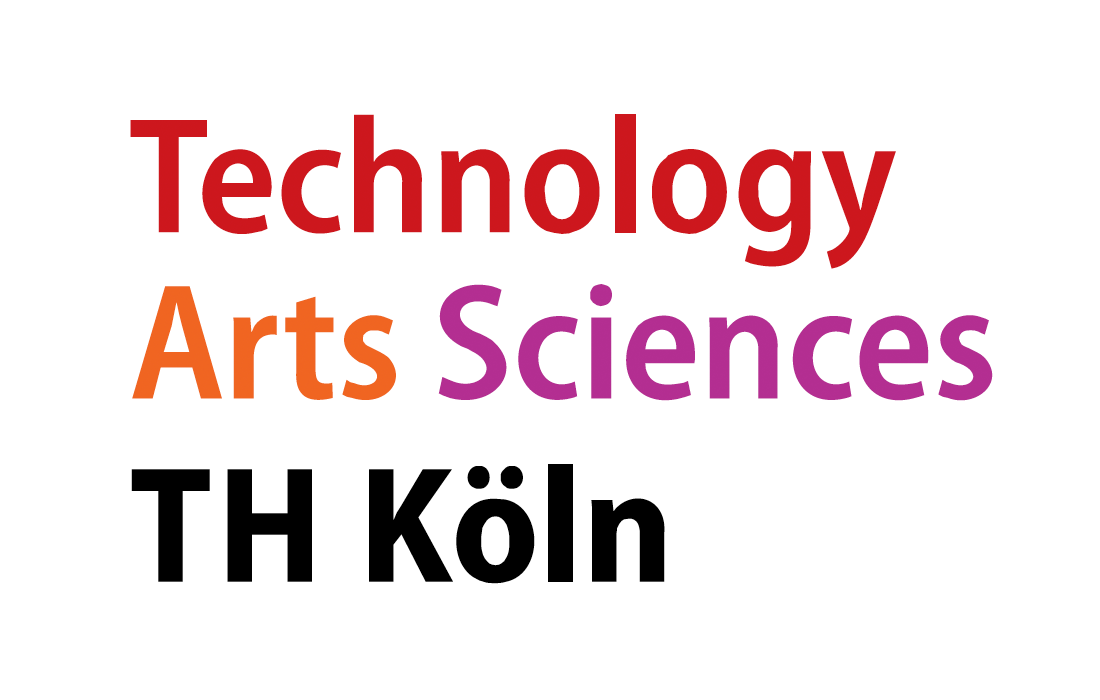Beitrag zu Handlungsfeldern
Nachfolgend ist die Zuordnung des Moduls zu den Handlungsfeldern des Studiengangs aufgeführt, und zwar als anteiliger Beitrag (als ECTS und inhaltlich). Dies gibt auch Auskunft über die Verwendbarkeit des Moduls in anderen Studiengängen und über die Beziehung zu anderen Modulen im selben Studiengang.
| Handlungsfeld |
ECTS (anteilig) |
Modulbeitrag zum Handlungsfeld |
| Generating and Accessing Knowledge |
2 |
This module teaches about a range of data analytics methods, that allows a broad understanding of the data analytics domain.
|
| Architecting and Coding Software |
2 |
This module includes software development (notebooks)
|
| Empowering Business |
1 |
This module includes a discussion on the perspectives of data-driven business understanding, incorporating the conditions of the introduction and application of models in business contexts.
|
| Acting Responsibly |
1 |
This module teaches how to deal with data and knowledge generating methods responsibly, acounting for ethics, privacy and security.
|
Learning Outcome
- After completing the course students can assess which data mining analytics are suitable for which application fields and apply them where suitable as they become able
- to enumerate different data analytics approaches and outline how they work,
- to identify the advantages and disadvantages of various data analytics techniques,
- to implement common libraries of data analytics approaches,
- so that they help companies to become data driven, i.e. take decisions based on suitable data, optimize processes e.g. in business, production or logistics, and make predictions to better plan future actions and activities (e.g. where to invest for productivity increase or whom to approach in marketing).
Inhaltliche Beschreibung des Moduls
- Structuring a data analytics project
- Data Preparation
- Modelling techniques
- Classification methods
- Regression methods
- Clustering methods
- Association rules
- Evaluation of techniques
- Conducting a data analytics project
- Lecture (partly as learning nugget videos)
- Exercises (in Python and Jupyter-Notebooks)
- Data Analytics Project
Zur Verfügung gestelltes Lehrmaterial
- Slides of lectures
- Videos of lectures or learning nuggets
- Python Jupyter-Notebooks with documentation
Weiterführende Literatur
- Aurélien Géreon: Hands-on machine learning with Scikit-Learn, Keras, and TensorFlow: concepts, tools, and techniques to build intelligent systems, O’Reilly: September 2019
- Nikita Silaparasetty: Machine Learning Concepts with Python and the Jupyter Notebook Environment: Using Tensorflow 2.0, Apress: 2020
- Tan, Steinbach, Kumar: „Introduction to Data Mining”, Pearson Education Limited, 2013.
- Witten I.H., Eibe, F., Data Mining, Practical Machine Learning Tools and Techniques, Morgan Kaufmann, 2005.
